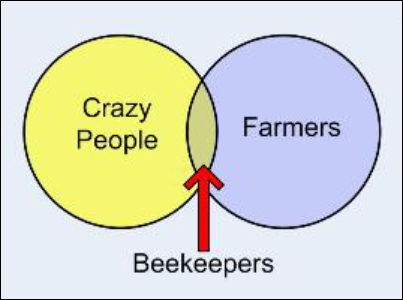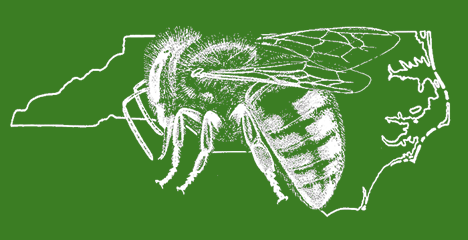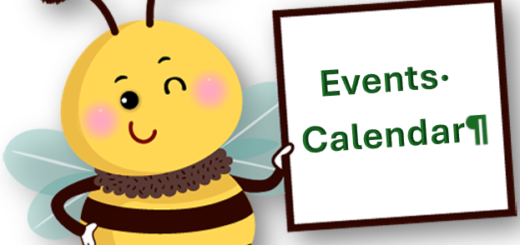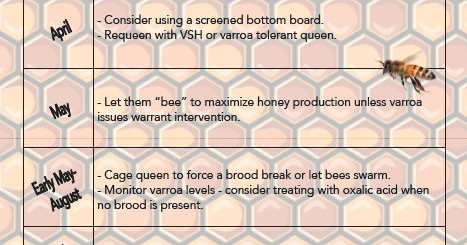 |
We asked Jody for his sage advice to new beekeepers. Here’s his response: No one has all the answers and what works for some does not work for others.
|
Ask 5 beekeepers a question and you’ll get 6 different answers” seems to be the case. So I believe that everyone should strive to become their own “expert”.
The more you take in, the better
I believe in reading, watching YouTube videos, and attending conferences/lectures. The more you take in, the better. This is how you can distill this into your own philosophy, which should be the goal. We can all learn from others, but the idea is to not become dependent on anyone else’s theories and to develop your own. We can learn from other’s mistakes, too, but some things have to be learned the hard way and those are the lessons that really stick with us.
I really push for multiple hives
That is why I really push for multiple hives. It is so hard to know where a colony stands until you have something to compare it to. Also, multiple hives allows the beekeeper to borrow from one to help another. It also provides a safety net, in that if you lose a hive or two you can split your way back. The same goes for bee yards. Not having “all your eggs in one basket” saved me this winter. Some sites were devastated while others came through unscathed. That is what allowed me to rebuild.
The more curious about Bees, the better a Beekeeper
And finally, I have found that the more curious you are about bees, the better a Beekeeper you will be. The Master Beekeeper Program through NCSBA made me really focus and I learned so many things that made the difference in knowing what to look for and how to deal with issues that arise. It’s a real confidence booster. There are so many subjects covered in the testing and practical exams that you cannot help but be well-rounded upon completion.
Apiculture is the Chess of Agriculture
I have heard a saying that “Apiculture is the Chess of Agriculture”. This is so true. It’s not just learning about the biology of honey bees, but about the plants they feed on, the diseases and pests that affect them, the seasonal and weather-related changes, and so on…
There are so many, many facets to Beekeeping. That is why it is an endless source of wonder. And the people drawn to it are as much of a curiosity as the bees themselves!







